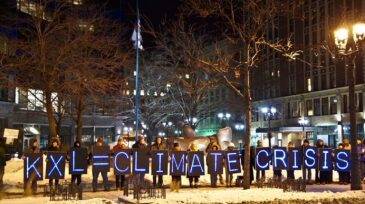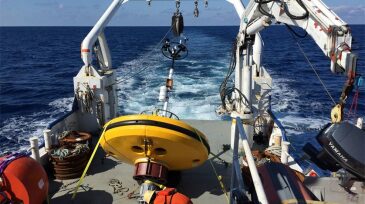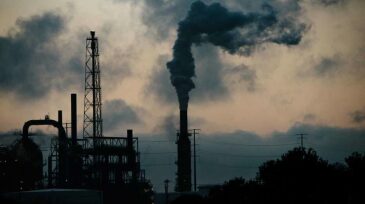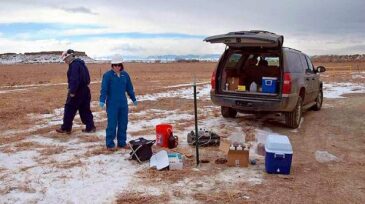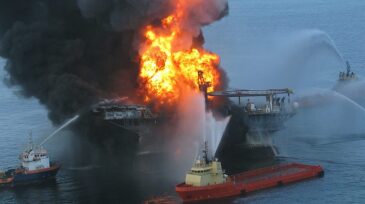Environment
The agency’s administrator said the program “does nothing to improve air quality.”
The project is expected to recover up to 300 MMscf/D of flared gas. Plans call for the recovered gas to be converted into treated dry gas, liquefied petroleum gas, and condensate for domestic use and export.
This research aims to harness the advanced capabilities of artificial intelligence, specifically deep learning and large language models, to develop a comprehensive system for detecting and explaining oil spills.
-
The Coast Guard has partially assumed federal control of response operations to contain an oil discharge from the site of the collapsed Mississippi Canyon Block 20 offshore platform 11 miles south of the mouth of the Mississippi River.
-
A year and a half after President Donald Trump reversed an Obama administration decision to block TransCanada’s Keystone XL pipeline, a federal district judge in Montana has halted the project again, citing an insufficient review of the project's environmental impact.
-
The Trump administration is set to reduce the number of federally regulated waterways protected under the US Clean Water Act in a bid to help the energy and agriculture industries, according to a media report.
-
Scientists have discovered nearly two dozen new types of microbes, many of which use hydrocarbons as energy sources. The scientists suggest that these bacteria could help limit the concentrations of greenhouse gases in the atmosphere and could one day be useful for cleaning oil spills.
-
Royal Dutch Shell is changing its tune on carbon, saying it will tie executive pay to shorter-term reductions in emissions.
-
The Gulf Research Program of the National Academies of Sciences, Engineering, and Medicine has announced a new collaboration to support a pilot effort to convert an existing ocean mooring owned by Shell into the first long-term deep ocean observatory in the Gulf of Mexico.
-
A dire government report on the far-reaching impact of climate change could increase pressure on the energy industry to curb greenhouse gas emissions and political leaders to act more decisively to reduce the use of fossil fuels, analysts said.
-
While control of Congress and the gubernatorial races garnered the most attention, the 2018 midterm elections also provided voters in several states the opportunity to craft environmental and energy policy directly through ballot initiatives.
-
Three scientists say groundwater pollution in Pavillion, Wyoming, is likely caused by gas seeping from inadequately lined gas wells, a porous geology, and the dumping over years of up to 880,000 gallons of chemical effluent into 40 unlined pits.
-
Research suggests that the formation of the deep plume was unrelated to the addition of subsea dispersants.





